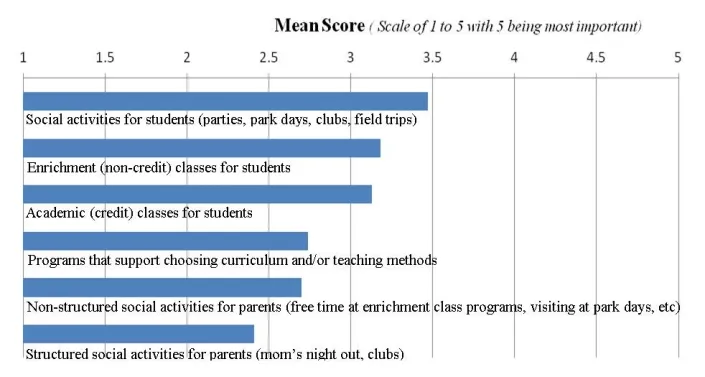Benefits of Home Education
Home education, also known as homeschooling, has been gaining popularity in recent years. More and more families are choosing to educate their children at home, and for good reason. Home education offers a number of positive impacts and benefits that can have a lasting impact on a child’s life.
Academic Achievement
One of the most commonly cited benefits of home education is academic achievement. Studies have shown that homeschooled students often perform as well as or better than their traditionally schooled peers on standardized tests. In fact, a 2019 meta-analysis of 136 studies found that homeschooled students scored an average of 15-30 percentile points higher on standardized tests than traditionally schooled students.
There are a number of reasons why homeschooled students may perform so well academically. First, homeschooled students typically have a more individualized learning experience. Parents can tailor their children’s education to their unique needs and interests, and they can move at a pace that is best for the child. Second, homeschooled students often have more time to focus on their studies. They are not distracted by the noise and chaos of a traditional classroom, and they can spend as much time as they need on difficult concepts. Third, homeschooled students often have more parental involvement in their education. Parents are able to monitor their children’s progress closely and provide them with the support they need to succeed.
Social-Emotional Development
In addition to academic achievement, home education can also have a positive impact on a child’s social-emotional development. Homeschooled children often have more opportunities to interact with adults and children of all ages. This can help them develop strong social skills and a sense of belonging. Additionally, homeschooled children are often able to avoid the negative peer pressure that can be found in traditional schools.

A 2012 study found that homeschooled students had lower rates of anxiety, depression, and substance abuse than traditionally schooled students. The study also found that homeschooled students had higher levels of self-esteem and self-efficacy.
Individualized Learning
One of the biggest advantages of home education is that it allows for individualized learning. Parents can tailor their children’s education to their unique needs, interests, and learning styles. This can be especially beneficial for children who have special needs or who are gifted.
For example, a child who is struggling with math can receive extra help from their parent, while a child who is gifted in science can be given challenging projects that are beyond the scope of a traditional school curriculum.
Parental Involvement
Home education also allows for a high level of parental involvement in a child’s education. Parents are able to monitor their children’s progress closely and provide them with the support they need to succeed. Additionally, parents can use their own knowledge and experiences to supplement their children’s education.

For example, a parent who is a musician can teach their child how to play an instrument, while a parent who is a historian can take their child on field trips to historical sites.
Flexible Schedule
Home education also offers a flexible schedule. Parents can set their own hours and days of school, which can be helpful for families with busy schedules. Additionally, homeschooled children can take breaks throughout the day to pursue other interests, such as extracurricular activities or hobbies.
For example, a homeschooled child who is interested in sports can take a break from school to attend a practice or game. Or, a homeschooled child who is interested in music can take a break from school to practice their instrument.
Unique Learning Experiences
Home education also allows for unique learning experiences. Homeschooled children can travel extensively, learn foreign languages, or pursue particular interests in depth. Additionally, homeschooled children can often get involved in community service projects or other extracurricular activities that are not available in traditional schools.
For example, a homeschooled child who is interested in marine biology can volunteer at a local aquarium. Or, a homeschooled child who is interested in foreign languages can take online classes or join a language immersion program.
Conclusion
Home education offers a number of positive impacts and benefits that can have a lasting impact on a child’s life. If you are considering home education, it is important to do your research and talk to other homeschooling families




Be First to Comment